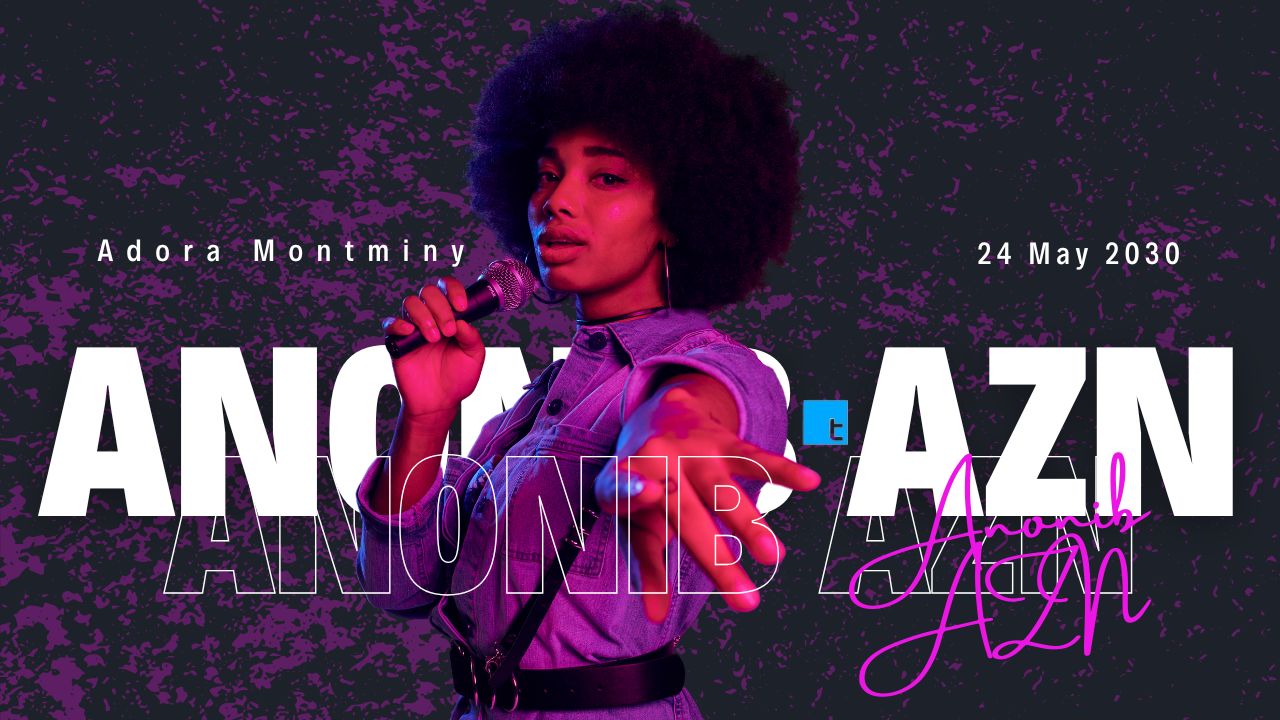Understanding Anonib AZN: Origins Impact and Online Presence
In the vast world of internet forums and anonymous platforms, certain names emerge that capture public curiosity. One such name is Anonib AZN. Known among online users for its controversial and niche content, Anonib AZN represents a specific branch of anonymous message boards where users once shared images and engaged in discussion, typically without revealing their identities. Though the site itself has gone offline multiple times and changed in format, the interest in what Anonib AZN represented persists.
In this article, we explore the history, cultural significance, and online discussions surrounding Anonib AZN, while also discussing the broader implications of anonymous platforms.
Table of Contents
ToggleWhat Is Anonib AZN?
Anonib AZN refers to a regional or category-specific board that was once part of the larger Anonib imageboard network. Anonib was a website where users posted images anonymously and engaged in unfiltered discussions. The “AZN” in Anonib AZN typically stood for “Asian,” and this board focused primarily on content related to Asian individuals or communities.
Unlike mainstream social media platforms, Anonib offered little to no moderation, which led to it becoming a haven for controversial and at times inappropriate content. Users could upload images, leave comments, and discuss various topics, often related to specific demographics, which included the AZN board.
The Rise and Fall of Anonib AZN
Anonib itself began as a clone of Japanese-style imageboards like 4chan, but with a more specific emphasis on anonymous user submissions of personal photos and content. The Anonib AZN board became one of the more frequented sections, largely due to its targeted nature.
The platform saw a steady rise in usage during the early 2010s, with the AZN section being particularly active. However, due to the nature of the content and lack of oversight, Anonib was taken down multiple times. Law enforcement agencies and advocacy groups raised concerns about privacy violations, exploitation, and unauthorized image sharing.
As a result, the Anonib AZN board, along with the rest of the platform, faced multiple shutdowns, domain changes, and mirror site attempts. While it’s no longer easily accessible, discussions about it continue on various forums and websites.
Why Was Anonib AZN So Popular?
Despite its legal and ethical issues, Anonib AZN attracted a large number of users for several reasons:
1. Anonymity and Freedom of Expression
Users appreciated the complete anonymity the platform provided. Unlike Facebook or Instagram, there were no profiles, friend requests, or personal timelines. This gave users the freedom to post without fear of judgment—though it also opened the door to misuse.
2. Targeted Content
The AZN board catered to a specific audience. People interested in Asian culture, aesthetics, or individuals were naturally drawn to the board. This targeted content created a niche community that felt more relevant and engaging to its users.
3. Unfiltered Discussions
Anonib allowed discussions that would be removed on other platforms. This raw, unmoderated environment gave rise to content that was honest, controversial, and sometimes problematic.
Legal and Ethical Controversies
While Anonib provided a space for niche communities, it also sparked intense debate around privacy, consent, and digital ethics.
1. Non-Consensual Content
Many images shared on the board were uploaded without the knowledge or permission of the individuals in them. This raised major privacy issues and led to lawsuits and police investigations.
2. Exploitation and Harassment
The lack of moderation often meant that users faced harassment, bullying, or were targeted maliciously. Critics argue that Anonib enabled and even encouraged such behavior.
3. Digital Footprint Concerns
Even though Anonib is largely inactive now, the content that once circulated on the platform may still be online, archived, or reposted elsewhere. This raises concerns for individuals whose images were shared without their consent.
The Role of Anonib in Internet History
Although controversial, Anonib is a part of internet history. It reflects the dangers and freedoms of anonymous content-sharing platforms and offers a case study on the balance between free expression and digital responsibility.
The rise and fall of such platforms have informed how modern websites approach content moderation, user accountability, and privacy laws. Social media platforms today are more cautious, implementing reporting systems, AI moderation, and clear terms of use to avoid the mistakes made by sites like Anonib.
Current Online Discussions About Anonib AZN
Despite its decline, Anonib AZN still shows up in online conversations. Some users reminisce about the platform’s heyday, while others caution against its dark legacy. Reddit threads, imageboard archives, and tech forums occasionally reference it when discussing the evolution of anonymous internet culture.
There’s also a growing awareness about the importance of digital consent and privacy. Many discussions around Anonib AZN now include advice on how to report images, protect personal data, and avoid similar sites.
Final Thoughts on Anonib AZN
Anonib AZN serves as a reminder of the double-edged sword that is internet anonymity. On one hand, platforms like it provide a space for free and open communication, especially in cultures or societies where certain voices are marginalized. On the other hand, when that freedom is abused, the consequences can be severe, both legally and ethically.
As internet users become more aware of their digital rights and responsibilities, platforms like Anonib AZN are increasingly seen as cautionary tales rather than viable online communities.
Conclusion
Though it no longer operates as it once did, Anonib AZN remains a widely discussed part of online subculture history. Its impact on the way people view anonymity, consent, and digital ethics continues to shape online discourse. Understanding platforms like Anonib AZN is crucial not just for historical context but also for learning how to build a safer and more respectful internet.







